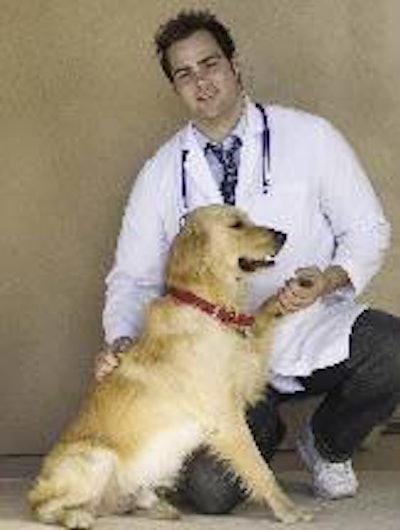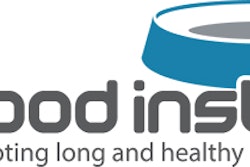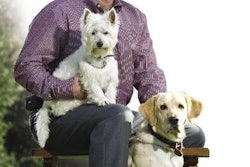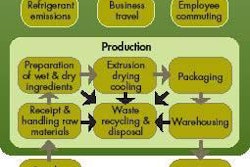
It all began for the American Veterinary Medical Association (AVMA) on Friday, March 15, 2007, at 4:15 pm. No, AVMA was not notified by the government, but by a call from a veterinarian employed by Proctor & Gamble (Iams).
"In no time, our phones were ringing off the hook," says Kimberly May, DVM, AVMA's assistant director of professional and public affairs. "The public and the press were calling us and we were receiving E-mails by the hundreds," says May. "People were confused. People were angry. People were panicking. People were sad and grieving. Unfortunately, we had very little information to share in the beginning."
May recently reported on "The veterinarian's role in the petfood crisis" at an ingredient quality conference at the International Feed Expo in Atlanta, Georgia, USA. Following is some of what she had to say.
The front lines
Veterinarians were on the front lines of the recalls in many ways. They got questions from the public, because they were readily available. The media called the AVMA, wanting experts on nutrition, kidney disease and quotes from the AVMA. They wanted the AVMA to explain what the government and industry had said, and put everything in context for pet owners.
At the national level, AVMA had a duty to communicate as accurately and rapidly as possible with its members and the public. AVMA staff developed a list of recalled products, easily accessible from its website (www.avma.org). Toward the end of the recalls, the list was more than 60 pages long. The AVMA's petfood recall web pages experienced heavy traffic, with page views on one day reaching more than 120,000.
AVMA developed press releases, resources for members and the public, guidelines for treatment and sample collection. One of pet owners' biggest demands was for feeding options, so in cooperation with the American College of Veterinary Nutritionists, AVMA developed recipes for homemade pet diets for short-term use.
Positive outcomes
At first, veterinarians were out of the loop. "Veterinarians weren't initially invited to play a role in this crisis, we elbowed our way to our place at the table," says May. "We found out through the grapevine about conference calls. We called the FDA directly. We called petfood companies and the Pet Food Institute," she says. "We simply wouldn't go away until they realized we should play a major role in responding to this crisis." Once AVMA was included it did in fact play a major and positive role.
Looking for some good that came out of the tragedy, AVMA points to several positive outcomes:
- Increased communication with industry, and industry recognition of the role of veterinarians in animal-related issues.
- Increased communication with the government and governmental acknowledgment of the role of veterinarians in animal-related issues.
- Increased cooperation with specialty groups, such as the American Association of Veterinary Laboratory Diagnosticians, the American College of Veterinary Nutritionists and the American College of Veterinary Pathologists.
- Federal legislation to improve petfood safety and speed recognition of problems.
- Increased industry recognition of the power of human-pet bonds.
- Industry-developed recommendations for increased communication and cooperation.
Also, says May, a key outcome is that the AVMA is determined it will no longer wait to be invited to the table when animal issues are at stake.















